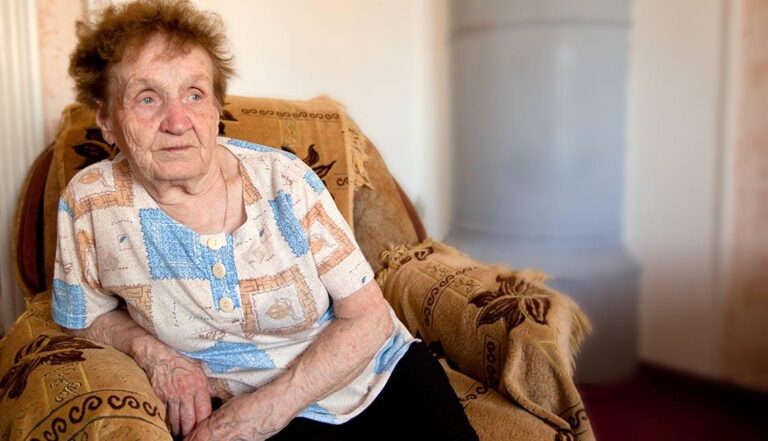Elderly Poverty in South Africa: An Overview
The elderly population in South Africa has been growing steadily, raising concerns about poverty levels. According to recent statistics, a significant portion of the elderly lives below the poverty line, highlighting the need for targeted interventions. These challenges are compounded by the legacy of apartheid and ongoing economic issues.
Progress Made in Addressing Elderly Poverty
Over the past decade, South Africa has implemented several policies aimed at reducing elderly poverty. Social pensions have been a critical component of these efforts, providing a financial safety net for many seniors. These pensions have helped to improve the standard of living for a substantial number of elderly individuals.
Challenges Remain in Combating Elderly Poverty
Despite progress, significant challenges persist in overcoming elderly poverty in South Africa. Issues such as access to healthcare, affordable housing, and the rising cost of living continue to affect the elderly population. This multifaceted situation requires comprehensive strategies that go beyond financial support.
The Role of Non-Governmental Organizations
Non-governmental organizations (NGOs) are playing a crucial role in addressing elderly poverty. Many NGOs provide additional support services, including healthcare, social inclusion initiatives, and advocacy for the rights of elderly individuals. Programs initiated by these organizations complement governmental efforts, enhancing the overall effectiveness of poverty alleviation strategies.
Looking Ahead: The Need for Sustainable Solutions
To address elderly poverty effectively, South Africa must adopt sustainable long-term solutions. This includes improving access to education and employment opportunities for younger generations to reduce the dependency ratio. Furthermore, incorporating lessons learned from successful initiatives can help forge a path forward.
Conclusion: A Call to Action
As South Africa continues to strive for better living conditions for its elderly population, collaborative efforts are essential. Government entities, NGOs, and communities must work together to create effective solutions that address the root causes of poverty. For more comprehensive insights into the issue of elderly poverty, visit this link. Only through collective action can we hope to improve the lives of our elderly citizens.

